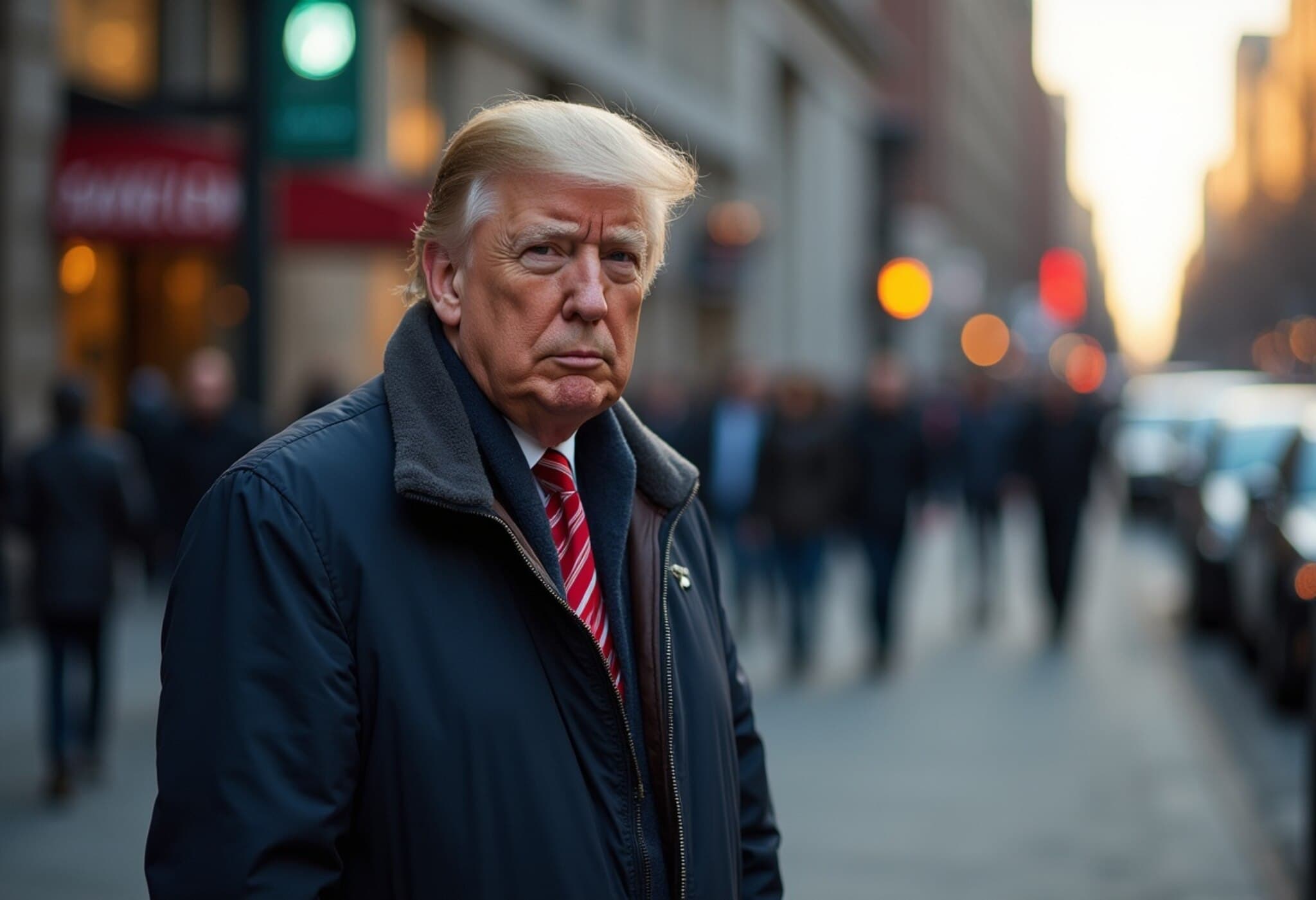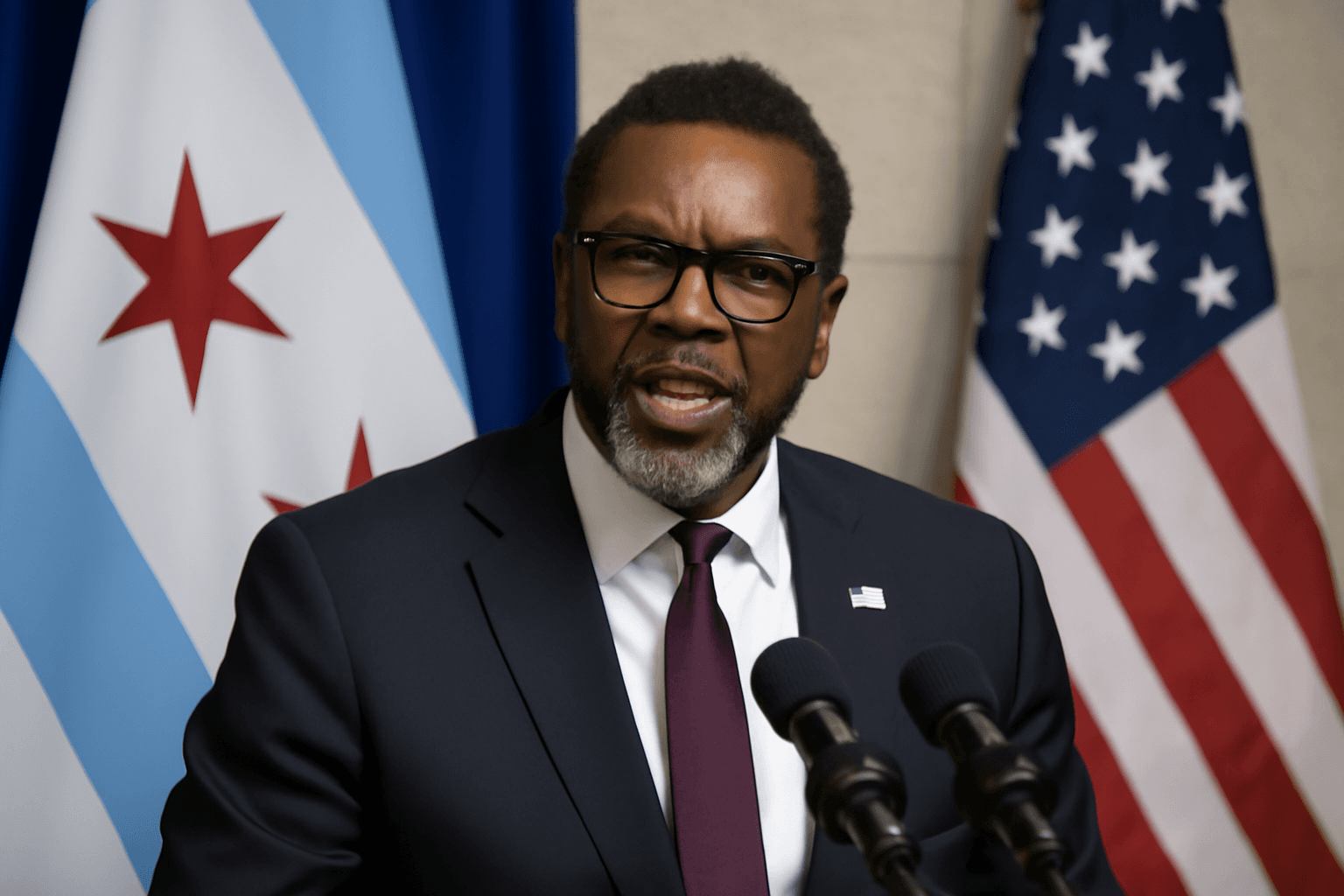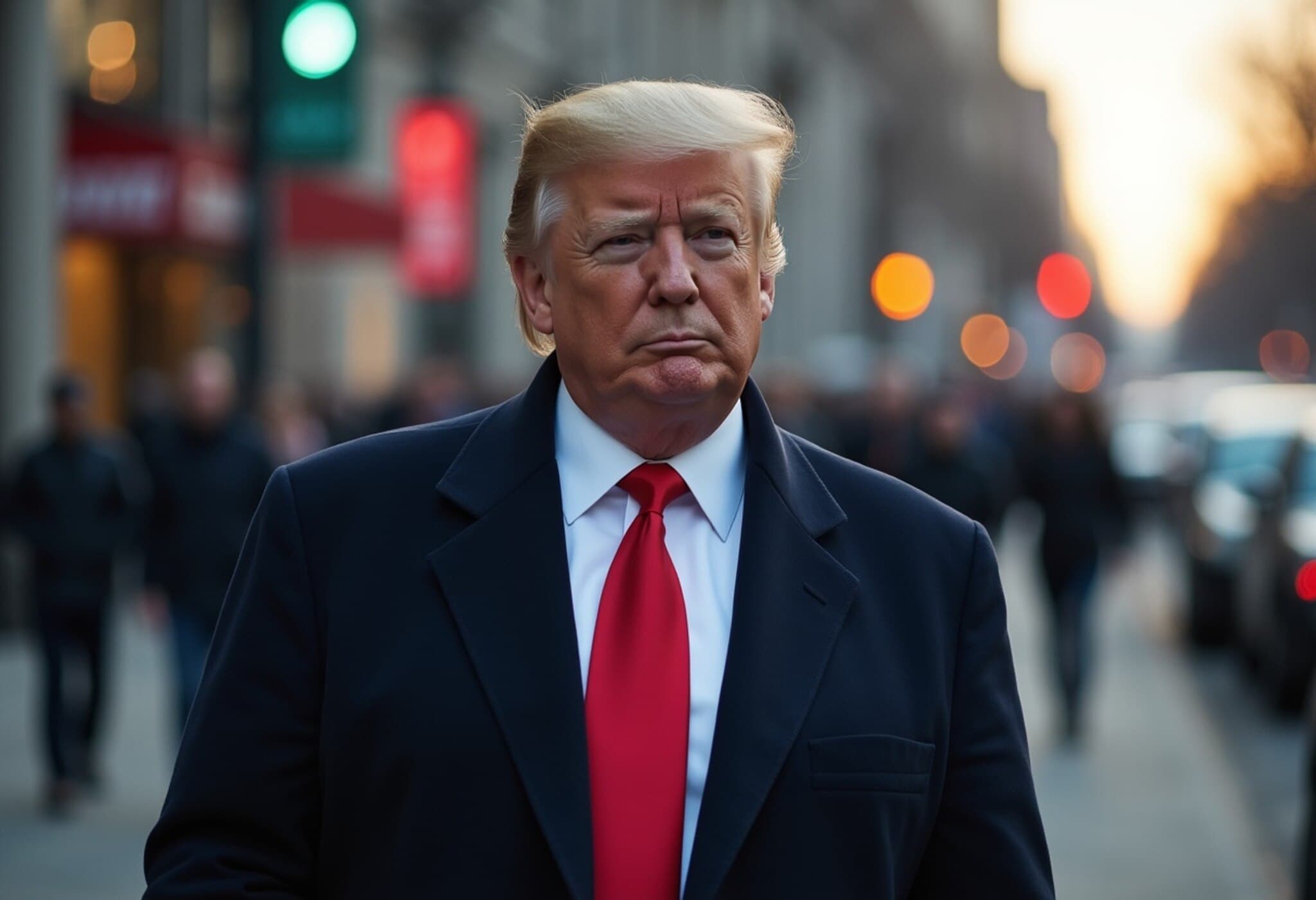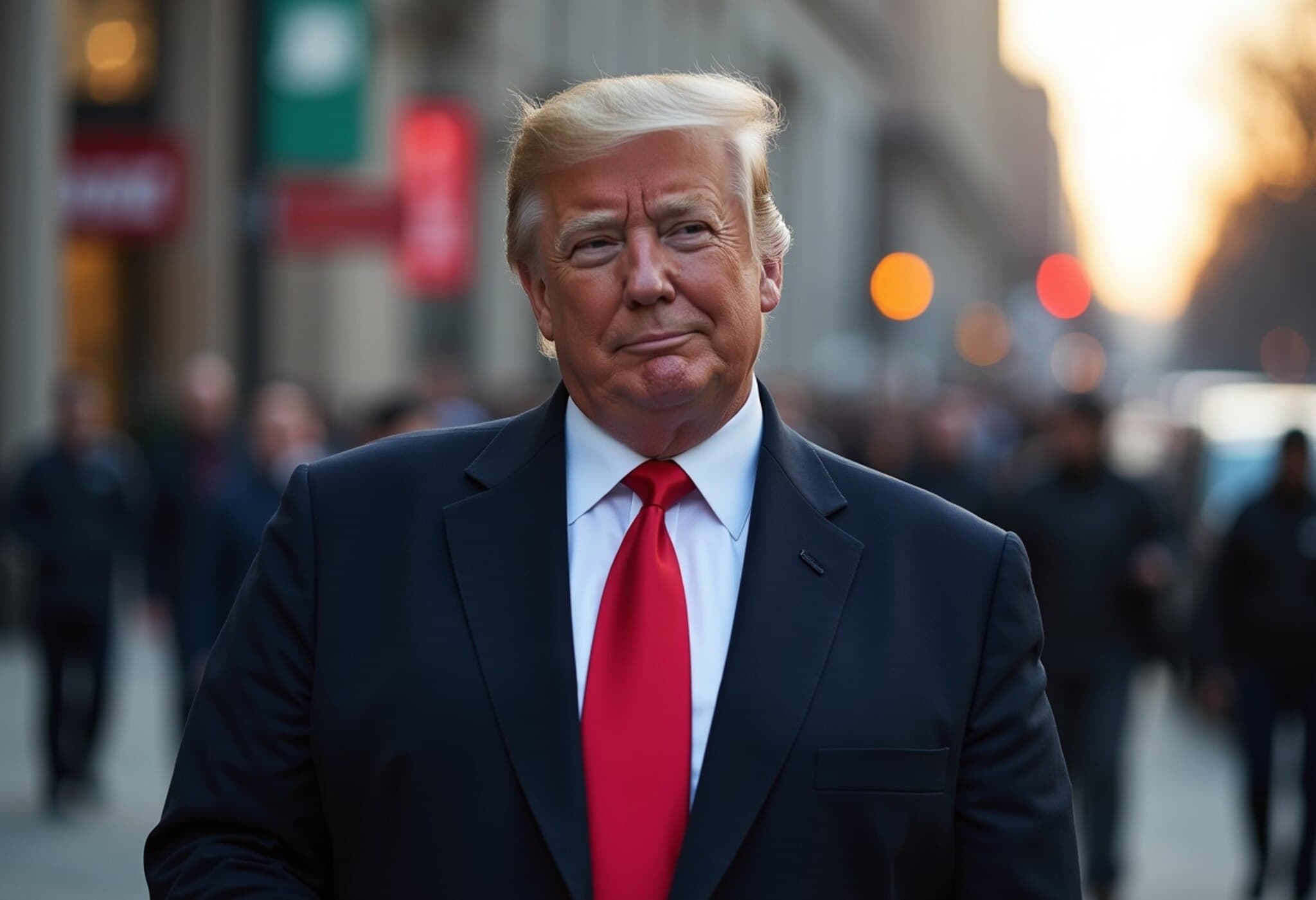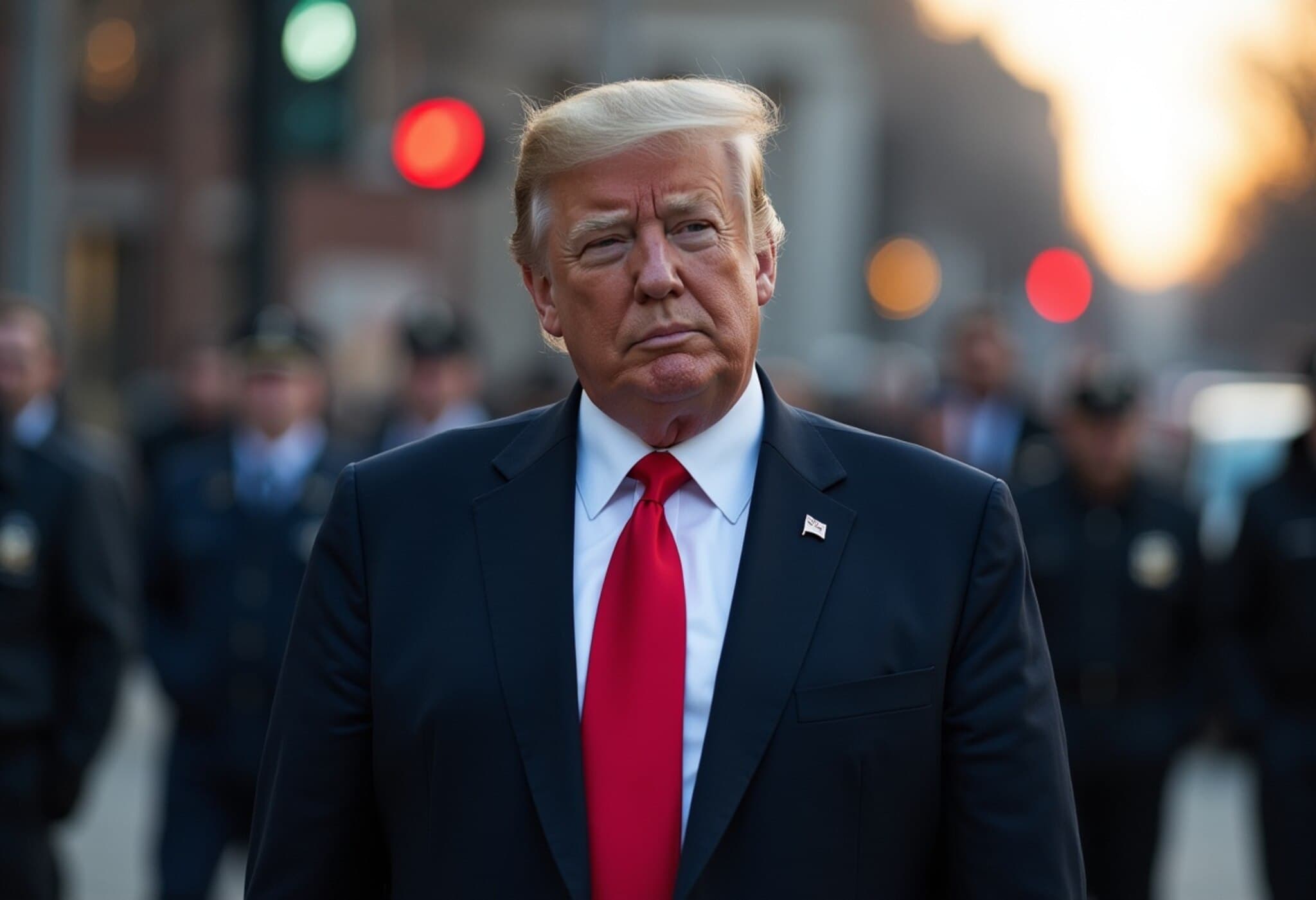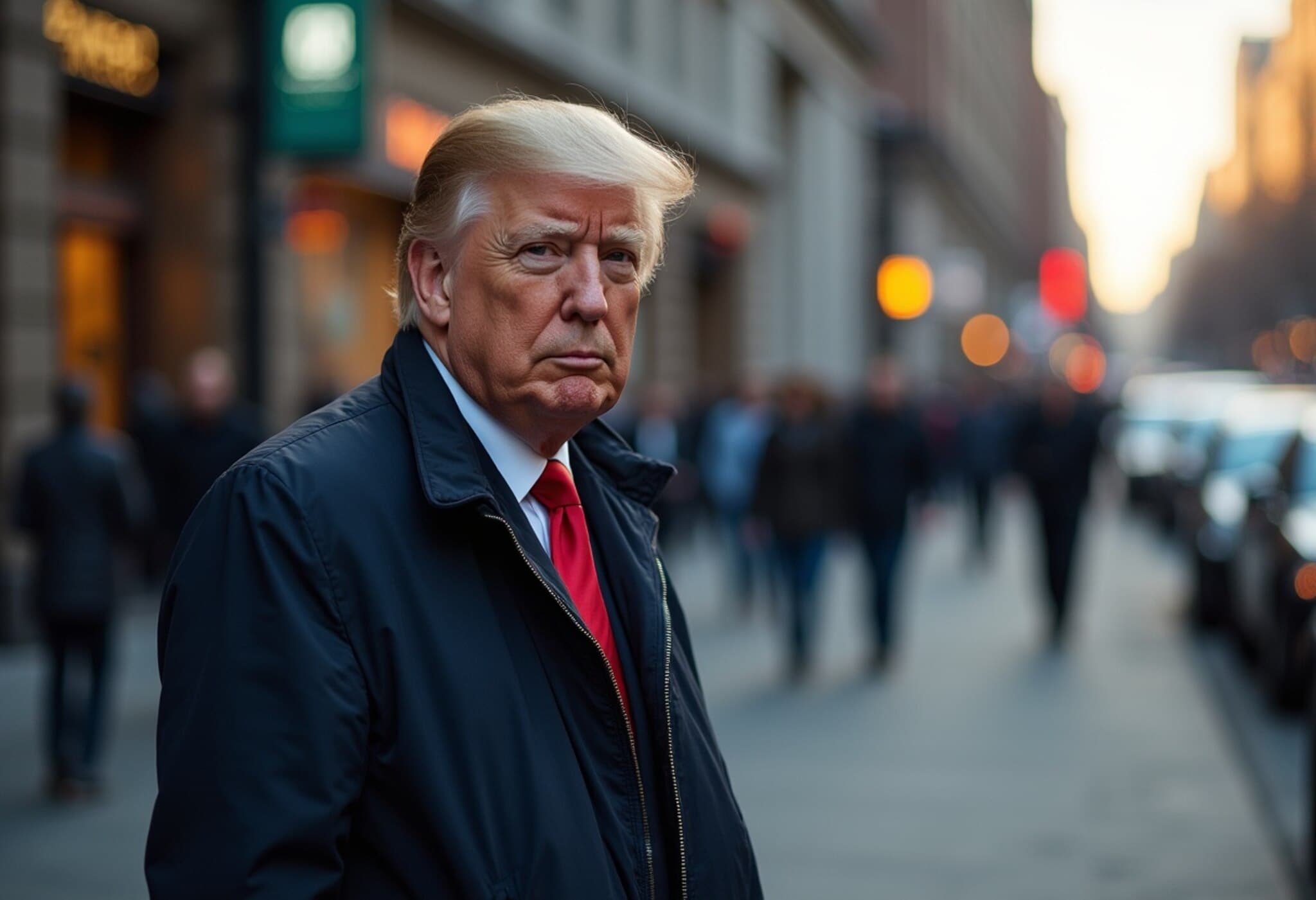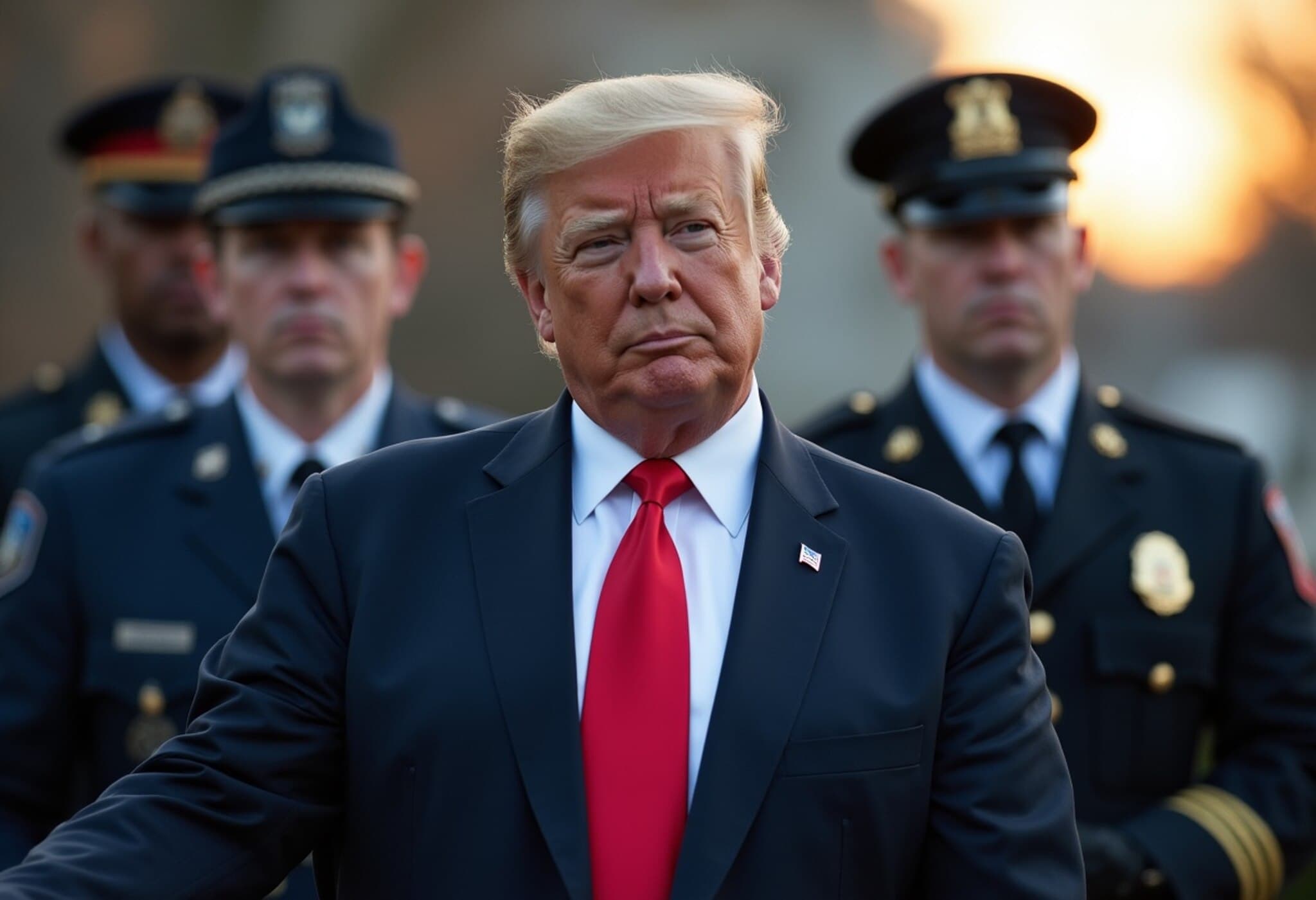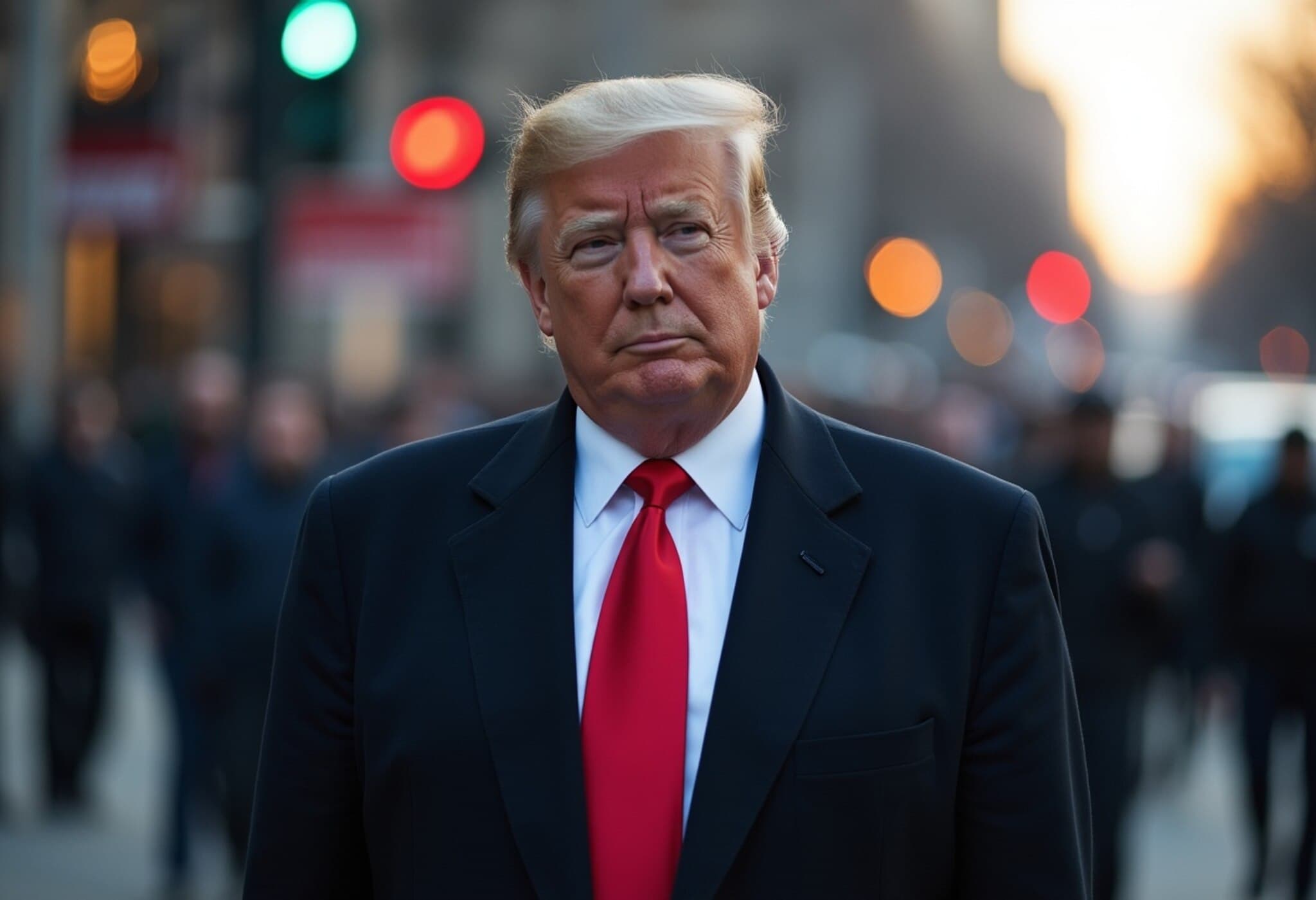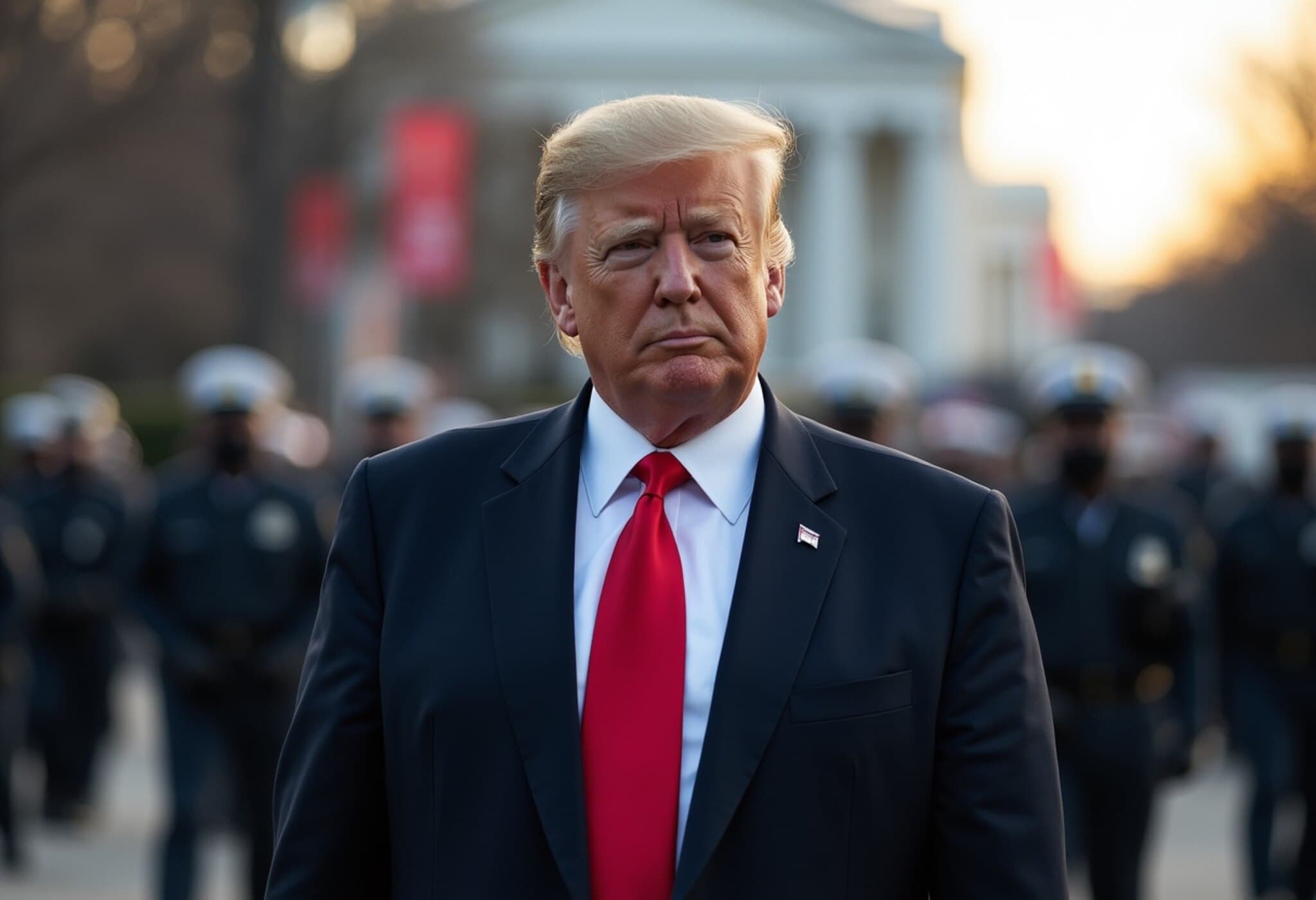Trump's Controversial Demand to Relocate Homeless from Washington DC
In a fresh wave of political controversy, former U.S. President Donald Trump sparked uproar by demanding that homeless individuals "move out, IMMEDIATELY" from Washington DC, the nation's capital. Speaking both on his social media platform Truth Social and at a press conference, Trump vowed to restore safety and beauty to the city, pledging a crackdown on crime and homelessness alike.
Strong Words and Stark Measures
Trump's statement on Sunday was unequivocal: "We will give you places to stay, but FAR from the Capital. The Criminals, you don’t have to move out. We’re going to put you in jail where you belong." Accompanying his statements were images depicting tents and trash littering city streets, a visual critique underscoring his urgent call for action. Yet, despite the firm tone, concrete details about where the homeless would be relocated or what support they'd receive remain unclear.
This isn’t the first time Trump has aired such views. In 2022, he suggested moving homeless populations to “high-quality” tent camps on affordable land outside urban centers, emphasizing access to basic amenities such as bathrooms and healthcare. His recent directive also led to federal law enforcement deployments—including agents from the US Park Police, DEA, FBI, and US Marshals—to assist local authorities tackling crime and homelessness.
Mayor Bowser’s Firm Rebuttal and City Data
Washington DC Mayor Muriel Bowser, a Democrat, strongly contested the president’s framing of the city. Appearing on MSNBC, Bowser highlighted that while 2023 saw a spike in crime, the current year reflects significant declines, with violent crime rates at a 30-year low.
She dismissed the White House deputy chief of staff Stephen Miller’s claim labeling Washington DC as "more violent than Baghdad" as "hyperbolic and false." Bowser remarked, "Comparing our capital city to a war-torn country is an irresponsible exaggeration that undermines the realities faced by our residents."
Crime Trends and Challenges
It is important to contextualize these claims: Washington DC’s per capita homicide rate remains relatively high compared to similar-sized U.S. cities, with approximately 98 homicides reported so far this year. However, broader federal data from January showed citywide violent crimes—including carjackings, assaults, and robberies—had decreased to their lowest levels in three decades.
Bowser emphasized ongoing efforts to support public safety without criminalizing homelessness or exacerbating social challenges.
Expert Insight: The Complex Intersection of Crime and Homelessness
Experts argue that conflating homelessness with crime oversimplifies deeply rooted socioeconomic issues. Dr. Emma Hayes, a policy analyst specializing in urban affairs, comments, "Locating solutions requires nuanced, compassionate strategies that address affordable housing, mental health, and workforce integration instead of simply displacing vulnerable populations."
Federal intervention may offer short-term enforcement, but sustainable urban policy demands collaboration between law enforcement, city planners, and social service providers. The human stories behind homelessness—often involving veterans, trauma survivors, and families—risk being lost in politicized rhetoric.
What’s Next?
Trump announced a White House press conference to outline more extensive plans to reduce violent crime in Washington DC, though skepticism remains surrounding the feasibility and humanity of his proposals.
Meanwhile, city officials continue to balance public safety with humanitarian obligations, seeking equitable and effective policies that preserve Washington DC’s vibrancy and inclusiveness.
Key Takeaways
- Trump’s demand to move homeless individuals away from the capital sparked fierce debate.
- Mayor Bowser refutes
- Crime rates show mixed signals: some violent crime down, homicides still a concern.
- Experts urge
- Federal deployment of law enforcement marks increased intervention amid escalating tensions.
Editor’s Note
This confrontation highlights a persistent challenge at the crossroads of urban governance: how to reconcile public safety imperatives with the rights and dignity of the most vulnerable citizens. The debate over homelessness and crime in Washington DC underscores the urgent need for policies grounded in empathy, evidence, and collaboration—not unilateral edicts that risk deepening divisions. As the nation watches, questions remain about the long-term impact of such controversial approaches on community trust and social cohesion.

